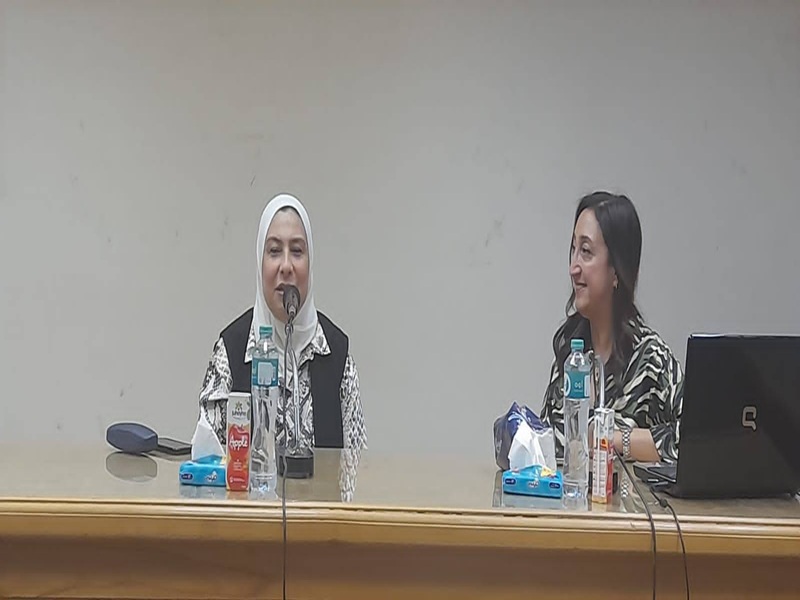The Cultural Relations Committee at Ain Shams University's Faculty of Al-Alsun launched a cultural week titled "Children's Literature: Building Awareness in the Realm of Language and Culture"
The Cultural Week activities, titled "Children's Literature: Building Awareness in the Realm of Language and Culture," were launched. The event was organized by the Cultural Relations Committee of the Graduate Studies and Research Sector at the Faculty, under the patronage of Prof. Mohamed Diaa Zain El-Abedeen, President of the University, Prof. Amani Osama Kamel, Vice President for Graduate Studies and Research, Prof. Salwa Rashad, Dean of the Faculty, and under the supervision of Prof. Ashraf Attia, Vice Dean for Graduate Studies and Research, and Prof. Nihal Nagi, Committee Rapporteur.
Prof. Salwa Rashad, Dean of the Faculty, inaugurated the Cultural Week activities with a speech in which she emphasized that the strategic directions of the Egyptian state today pay great attention to building the mentality and culture of the Egyptian child, stressing that the child's mind from the age of one year until adolescence (12 years) is the most important period for building character and shaping the mind and conscience based on cultural inputs that allow for the development of a mentality capable of contributing to a bright future. She pointed out that the humanities sector in Egypt is the fundamental pillar for building distinguished Egyptian mental capabilities in integration with other sectors concerned with modern technology, stressing the importance of concerted efforts of the various sectors of the Egyptian state to serve the most important resource possessed by the Egyptian state since the dawn of history: its children, who have written the honorable history of the state throughout the ages.
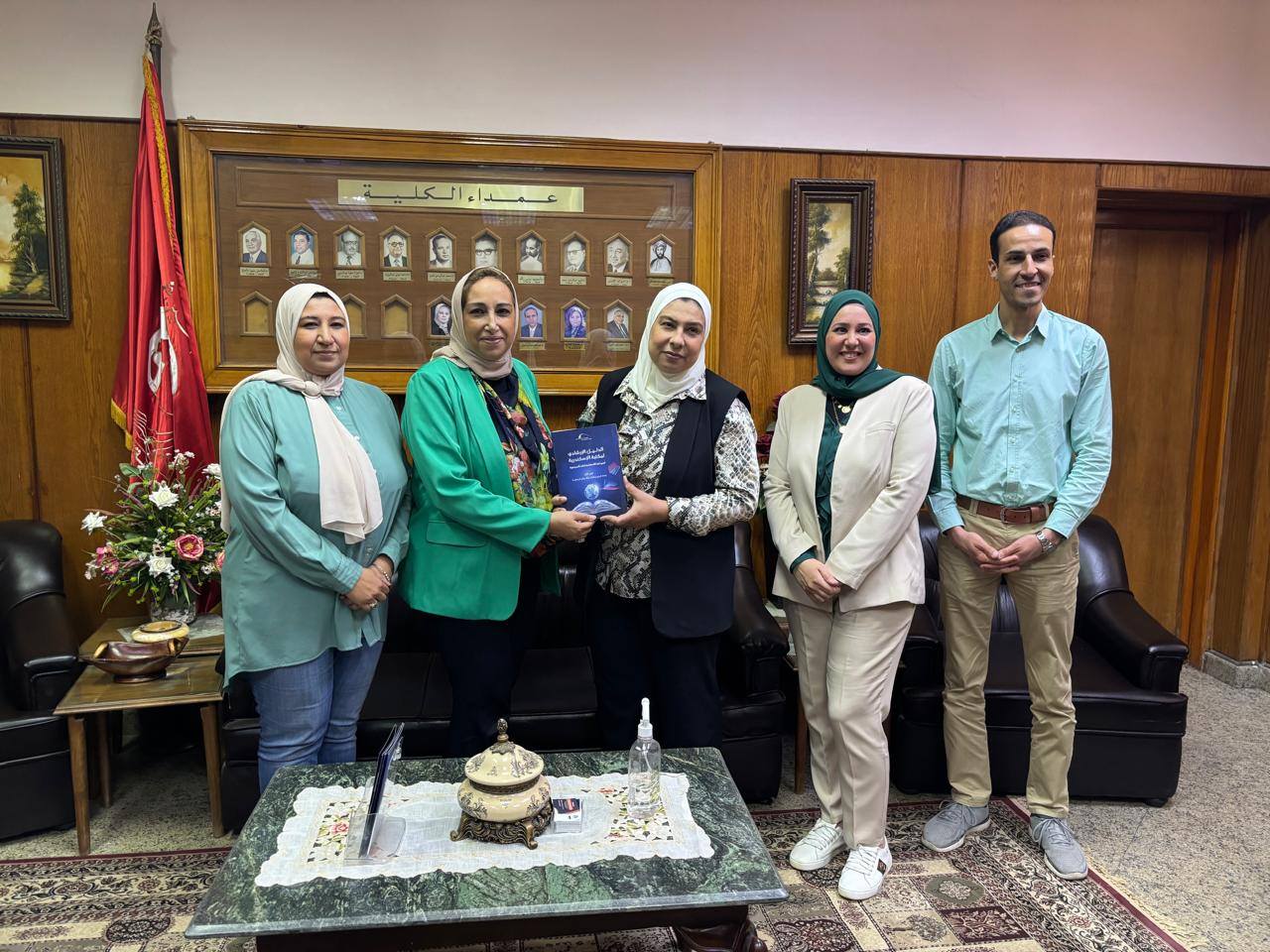 |
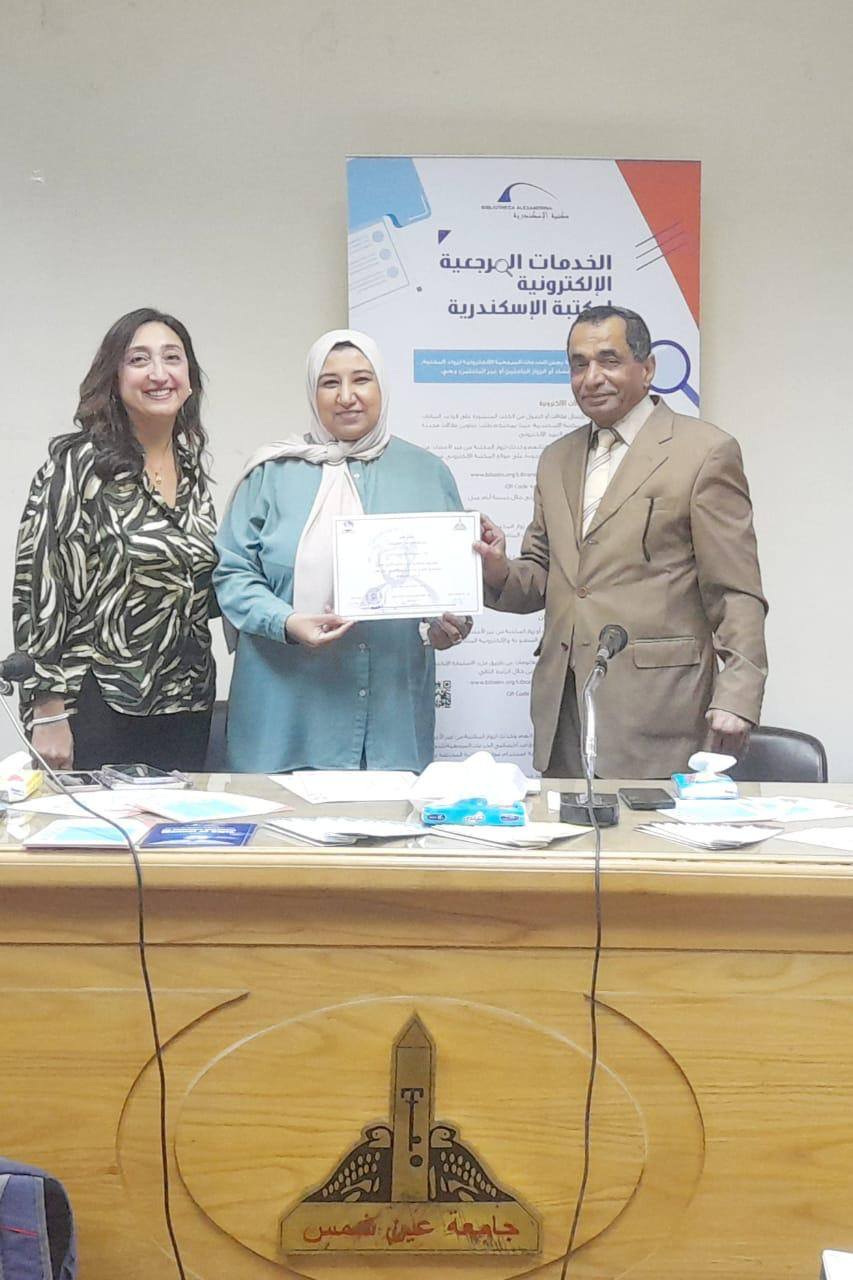 |
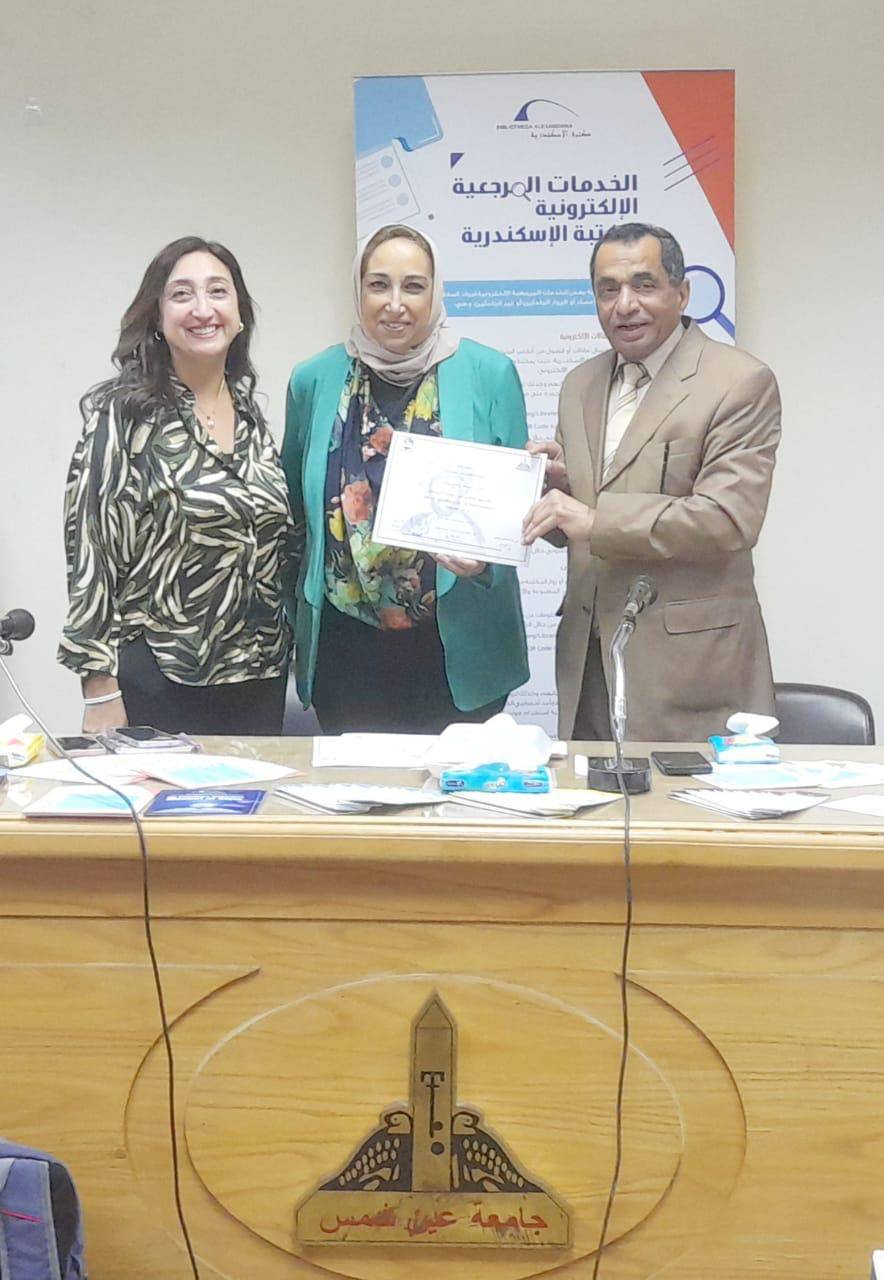 |
||
The opening session featured a speech by Prof. Wagih Yaqoub El-Sayed, Head of the Arabic Language Department at the Faculty, about his experience in writing for children. He noted that the Egyptian government pays great attention to writing for children and the inputs that the child's mind is exposed to at the beginning of their cultural exposure through simple writings. He also discussed his experience in writing for children through heritage and removing the dust from the child's cultural identity, particularly his experience writing for children in "Majid" magazine, and how he reconsidered his writing after participating in the writing industry for children. He noted that a child between the ages of 6 and 12 in Europe reads approximately two books per week, but in our Arab world, we sense a large gap between the cultural exposure of children in our Arab homeland and Europe, as children should find a simple library at home to help them with reading.
He continued his talk, pointing out that writing for children is a great message and a project that must be continued for adolescent children in parallel with academic work. Therefore, he decided to present a group of books such as “Cubs of Islam,” “Muslim Women,” “The Beautiful Names of God,” “Greats Despite Disability,” “Little Heroes,” “From the Record of the Immortals,” and “The Simplified School Dictionary,” for young minds from the age of 12 to 18. These writings were keen to target a group of values and concepts that we must instill in the minds of young people about our Arab heritage, such as the book “Anecdotes of Ash’ab,” which is distinguished by its sense of humor, narrative plot, societal standards, and solid Arabic language. He emphasized that the inclinations of children and adolescents can be explored through their inclinations in reading.
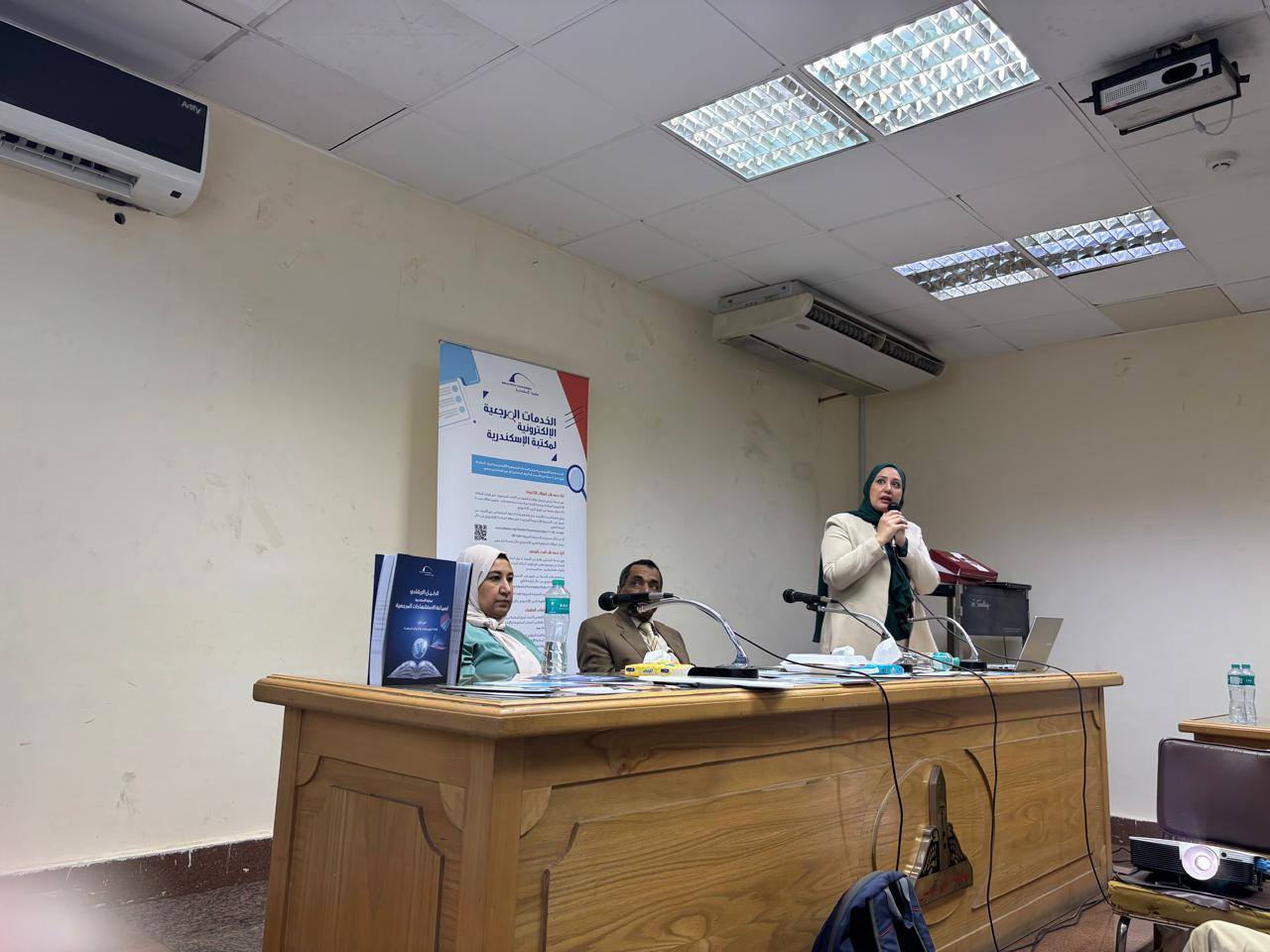 |
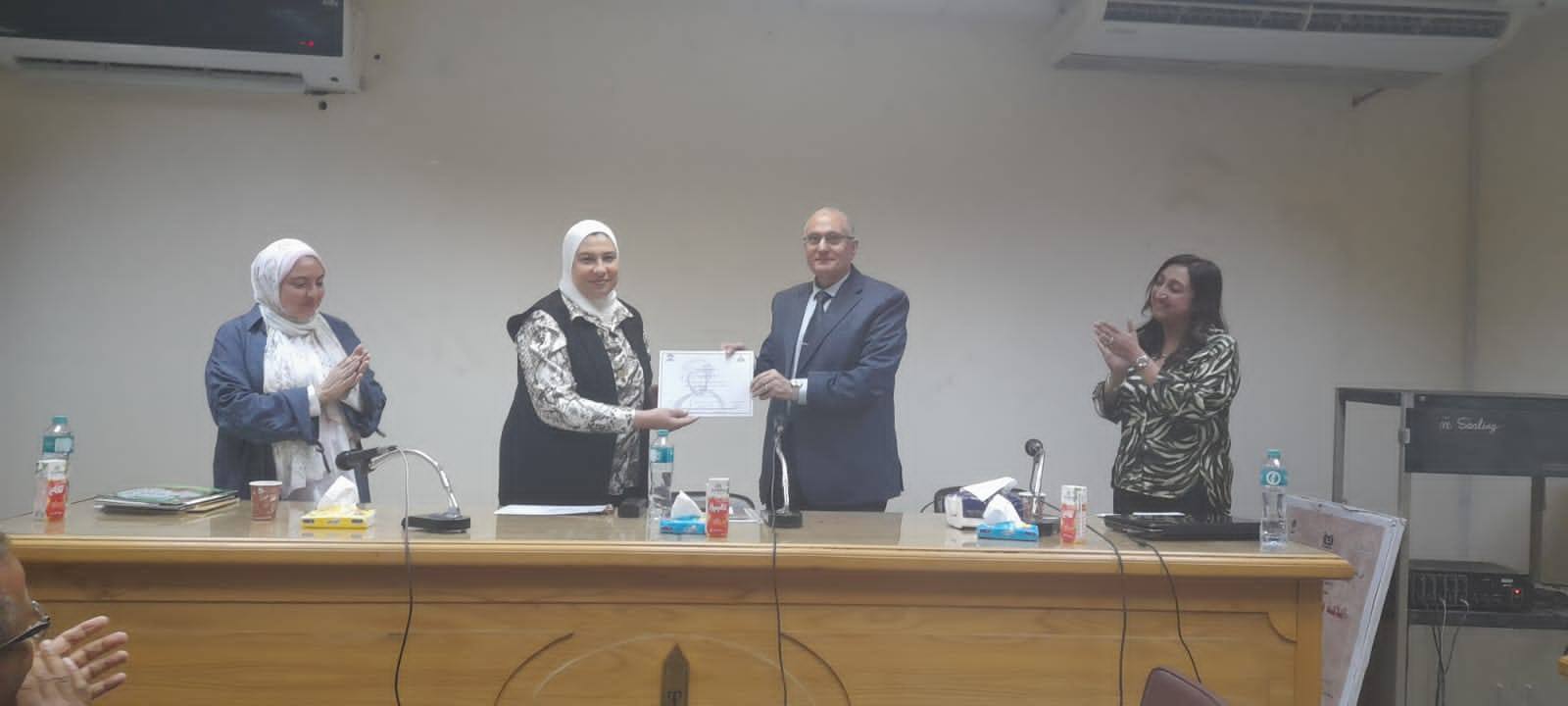 |
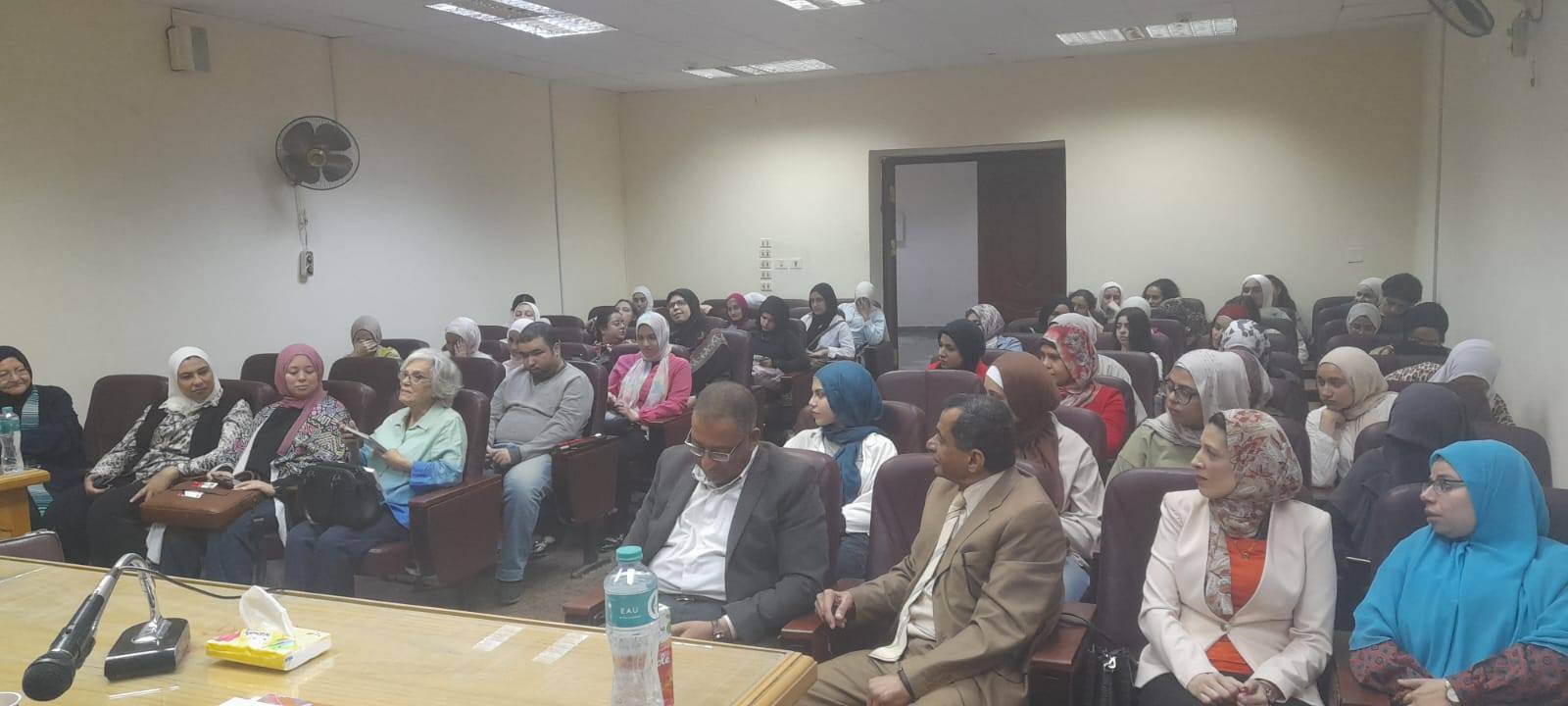 |
||
He also touched upon the fact that writing for children should be broad to include all segments and classes of society, to connect them to their Egyptian and Arab identity and culture. He pointed out that children with special needs should be presented with writings from our ancient heritage that confirm that they have distinctive abilities. He pointed out that the Arab heritage is full of honorable models that have excelled in the realms of literature, economics, and the arts. Even military fields and prestigious positions in society were occupied by individuals with physical, hearing, or visual disabilities. For example, Taha Hussein, the Egyptian writer, was blind. He pointed out that the world-famous composer Beethoven was deaf. Abu Talib, the leader of the Quraysh and uncle of the Prophet Muhammad, peace and blessings be upon him, was lame. The Arab knight Tariq ibn Ziyad, one of the knights of Islam and a hero of magnificent battles, was also lame. These disabilities did not prevent them from assuming important positions in society. He emphasized that these historical models are among the most important inputs writers should provide to children with special needs, to boost their morale and build their mental capabilities, enabling them to achieve the maximum possible benefit from the children of today, the men of tomorrow.
Dr. Nardine Al-Atrozi, a lecturer in the Department of Psychology at the Faculty of Arts, at Ain Shams University, discussed the significant developments in children's literature today. She noted that interactive writing has begun to emerge in creative ways in children's writing, as Arabic writing has begun to evolve to keep pace with global developments. Children's literature is a means of instilling values and language as a bridge to communication and belonging. She noted that the development of local culture, from comics and stories to critical thinking through the development of imagination and creativity, is one of the most important challenges in children's writing, as it combines entertainment and education.
In the second session, a delegation from the Libraries Department, headed by Mrs. Sherine Saeed from the Bibliotheca Alexandrina, gave a presentation on the electronic services provided by the Library to researchers, whether they are university faculty members, researchers in research centers, or students and holders of master's and doctoral degrees. The delegation gave a detailed introduction to the Bibliotheca Alexandrina's citation system, which it seeks to disseminate among universities and researchers, explaining the most important features of this system, as it helps Egyptian and Arab researchers to cite more easily than other European and American systems. The presentation also included a presentation on the electronic services provided by the Library remotely and inside the library halls. The delegation concluded its visit by presenting the faculty library with a reference citation guide.


.svg)

